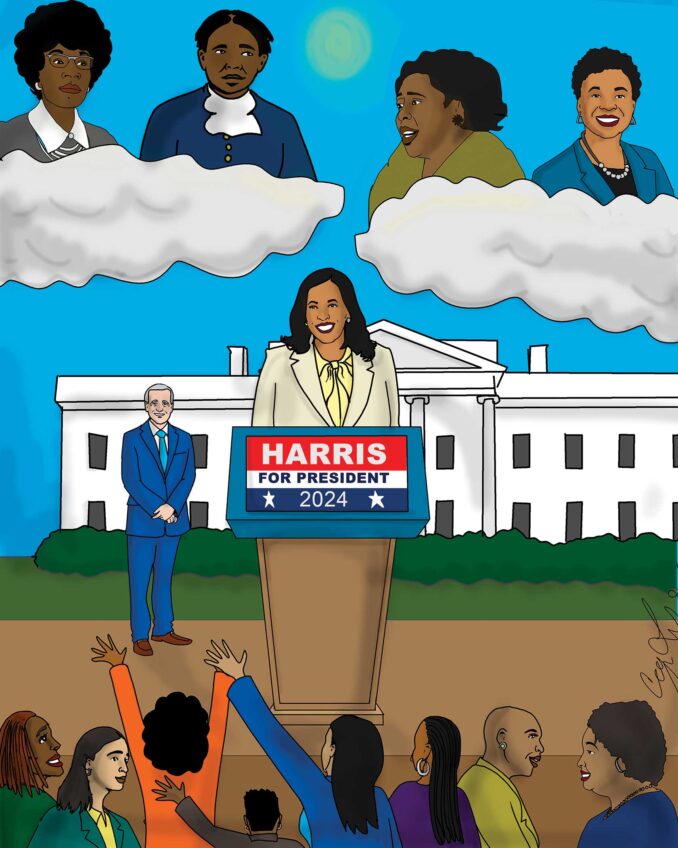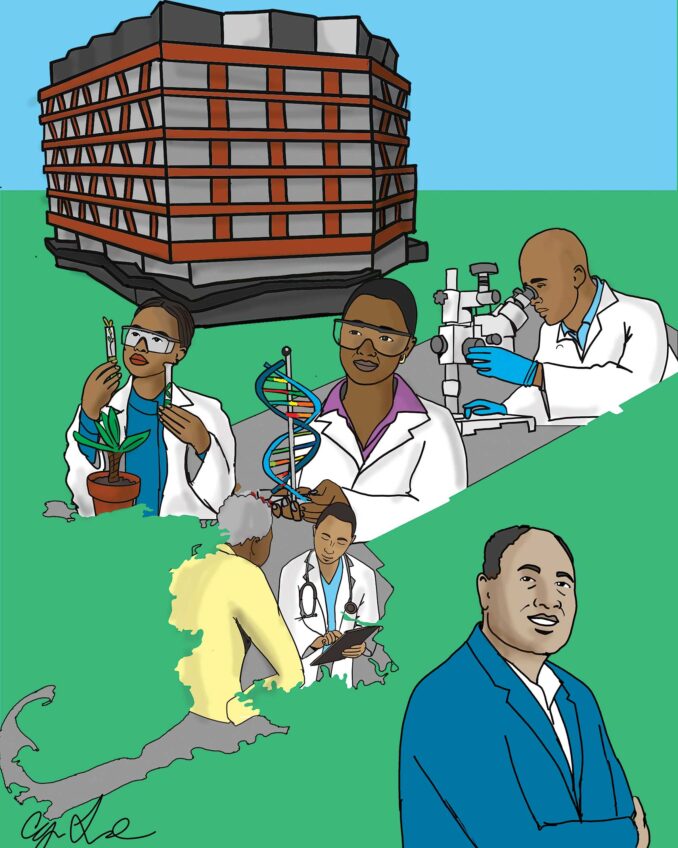
Better days are coming
Despite the underestimated severity of “the Great Recession,” African Americans have remained confident about their personal finances in the future. A recent study by the Pew Research Center disclosed these conclusions.
The Pew analysis of the 30 months of the current recession revealed that it has greater “length, breadth and depth” than any of the 13 other recessions since the Great Depression of 1929-33. For many people, the crisis is marked by the loss of their jobs and the family income they need to survive. While the national unemployment figure seems static at 9.7 percent, the problem is actually much deeper.
According to the Pew survey, 55 percent of the U.S. labor force has had a work related hardship, including: reduction of work hours; enforced unpaid leave; transfer from full-time to part-time; underemployment; periodic unemployment; or a cut in pay. In most of these cases the records would not indicate an addition to the unemployment rolls.
The recession has had a stultifying impact on the retirement plans for the older population. An estimated 35 percent of the workers 62 years old or more have decided to delay retirement, and 60 percent of workers 50 to 61 expect that they will have to do the same.
An unfortunate attribute of this recession is that it has caused a meltdown in household wealth. From 2007 to 2009, the Panel Survey of Income Dynamics (PSID) reported, there was an estimated 19 percent loss in wealth. The loss was greater, on a percentage basis, among the middle class. Also, the percentage loss in black and Hispanic households was greater than among white households.
Nonetheless, blacks and Hispanics are more optimistic than whites about the economic recovery. In response to the question about whether their financial conditions will improve next year, 81 percent of blacks and 74 percent of Hispanics, compared with only 57 percent of whites were optimistic. Analysts believe that the January 2010 study, Pew Social and Demographic Trends, indicates that the Barack Obama election has bolstered the optimism of blacks.
Some politicians have decried, over the years, the loss of the American middle class. The Pew report indicates there is some truth to the concern. The poor are often sustained by food stamps, Medicaid, public housing and welfare. Also, their academically qualified children can earn scholarships and financial aid in college. The affluent have the resources to pay their own way. However, the middle class has the burden of being self reliant, often with inadequate financial resources.
A major goal of black leadership has been to provide economic opportunities for those struggling with modest incomes. It is encouraging to find that blacks are optimistic about the future, but it should be clear that the American economy is going to require even greater levels of educational achievement to qualify for future employment.
The major focus of leadership in the past has been civil rights. It is time for the emphasis to shift to academic attainment. Unless that happens, African Americans will not be in the strongest position to compete in the economy that emerges from the Great Recession. Only marketable skills acquired through education will enable African Americans to attain middle class status, and beyond. Civil rights might open doors, but a lack of qualifications will then slam them shut.






